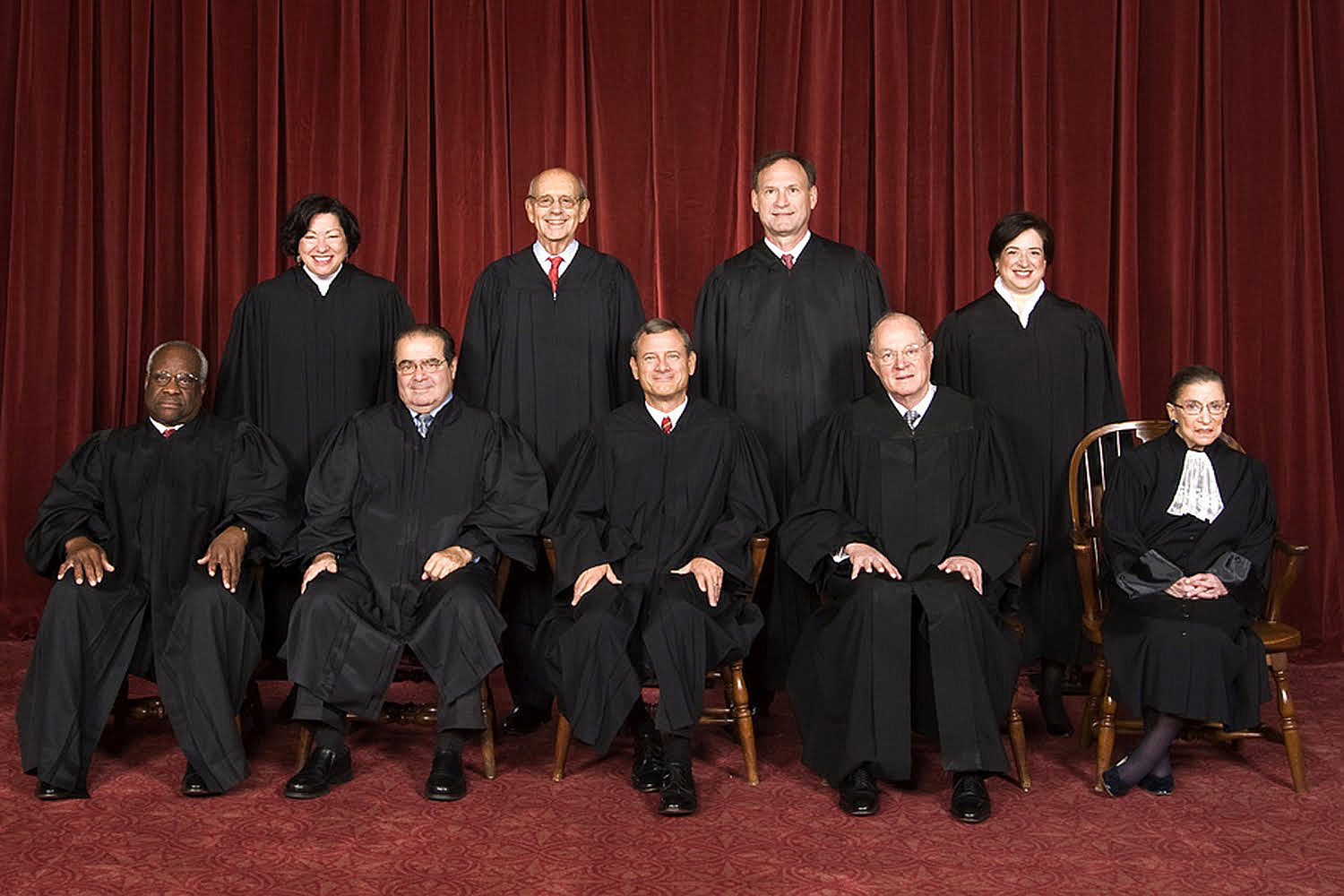
In light of the recent U.S. Supreme Court Obergefell Decision on June 26, 2015 the Christian Reformed denominational office issued a document designed to help local church councils obtain legal clarity on how they can protect themselves from liability. The position of the CRCNA and its churches is that ‘marriage is … a covenant relationship established by mutual vows between a man and a woman united by God.’
The legal authority heavily relied upon was Professor Carl H. Esbeck, from University of Missouri School of Law, and key legal adviser to the National Association of Evangelicals, along with the Christian Legal Society where Esbeck serves on the Board of Directors. In addition, the work of Kevin Snider, Chief Counsel of the Pacific Justice Institute was consulted.
Following the advice of the denominational attorneys the CRCNA made three recommendations to the Christian Reformed churches.
First, each church should have Articles of Incorporation and Bylaws which include a Statement of Faith to which the church can point when defending its exercise of religious liberty.
Second, in addition to the Statement of Faith in the organization’s governing documents, each church should formally adopt certain policies and positions that rely on the Statement of Faith. Two of these policies are recommended. 1) A position statement should be focused on the church’s position concerning Marriage and Human Sexuality/Same-Sex Attraction. 2) A statement about the Final Authority as to who or what is to provide the definitive interpretation of these position statements.
Third, each church should adopt 1) a policy about marriage ceremonies conducted by the church and 2) facilities use policies. A well-defined facilities use policy in conjunction with a Statement of Faith could provide most local churches with the right to exercise their religious liberties and prevent unwanted issues. The CRCNA offered samples of these policies for each church.



